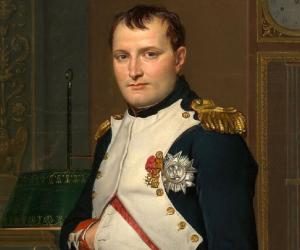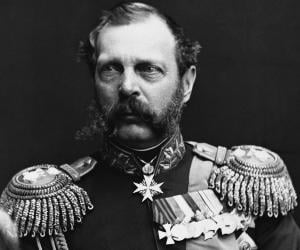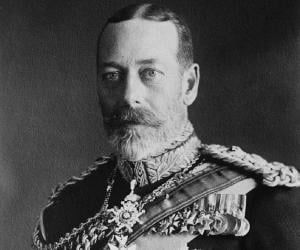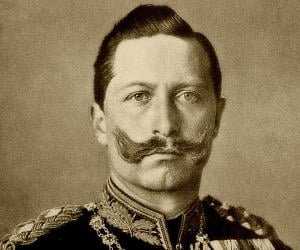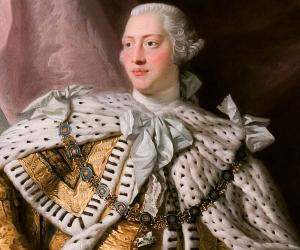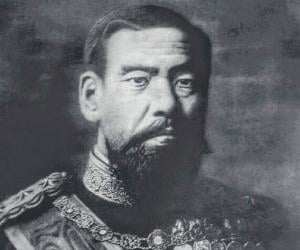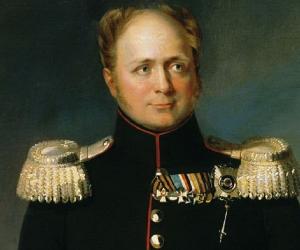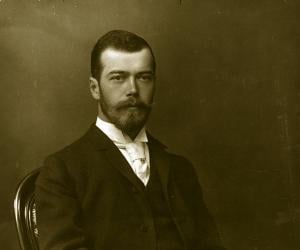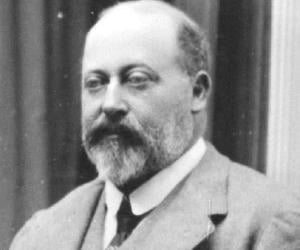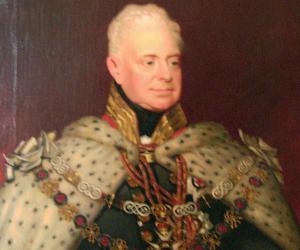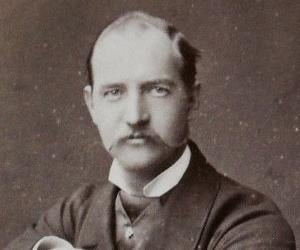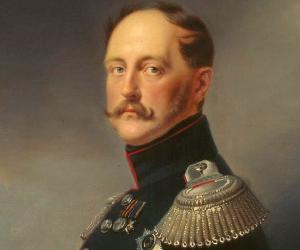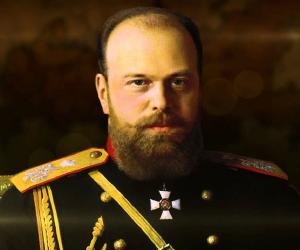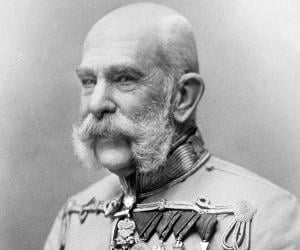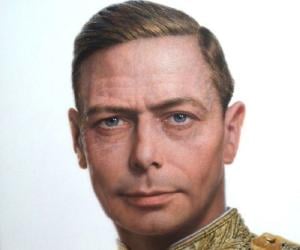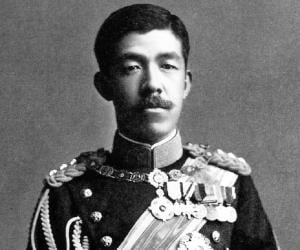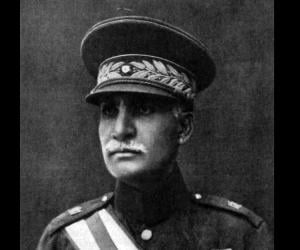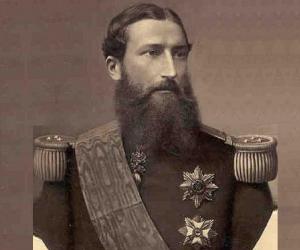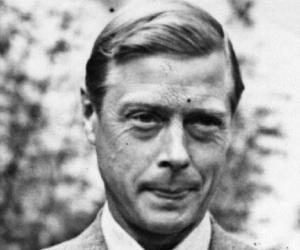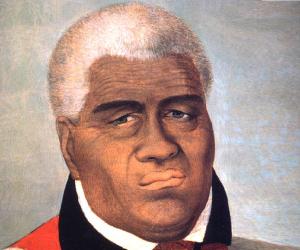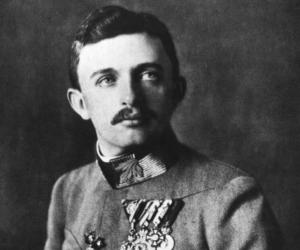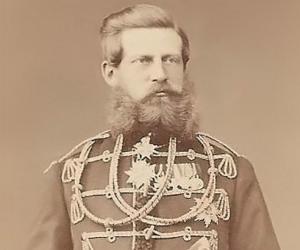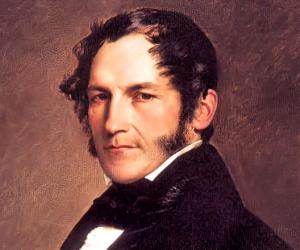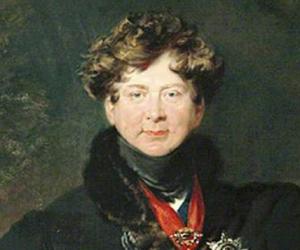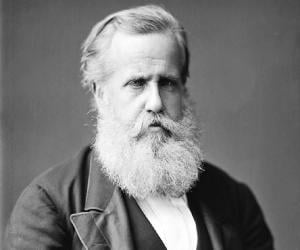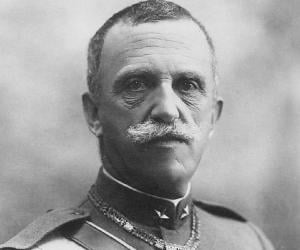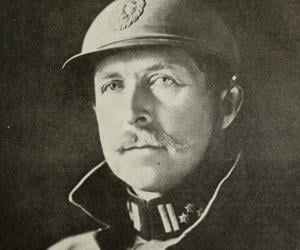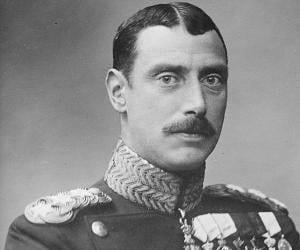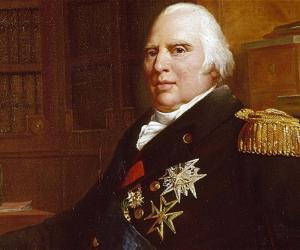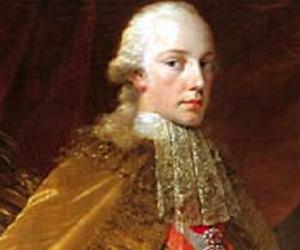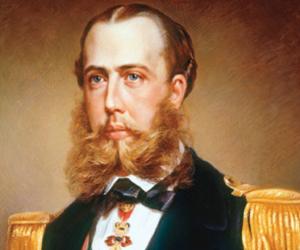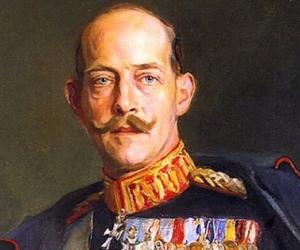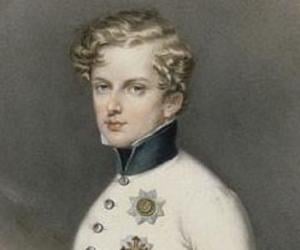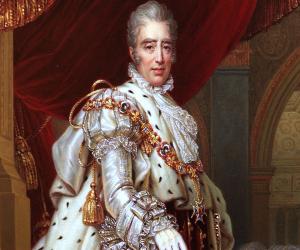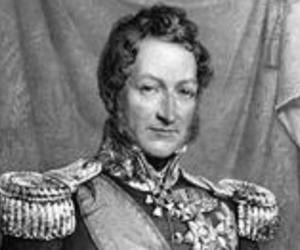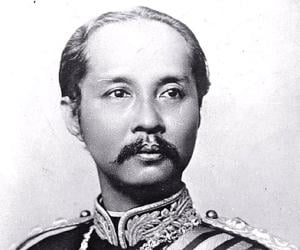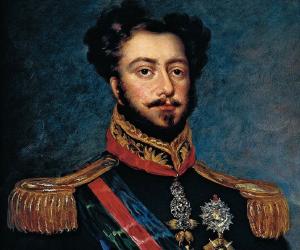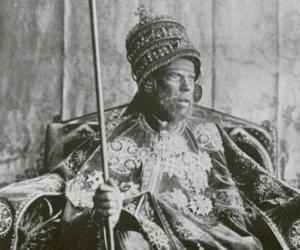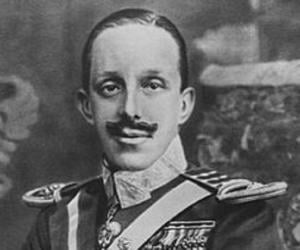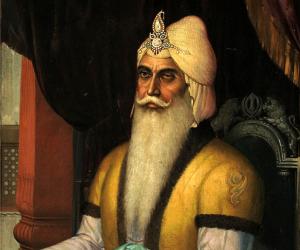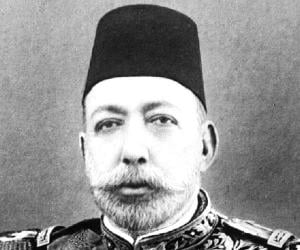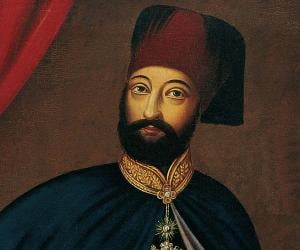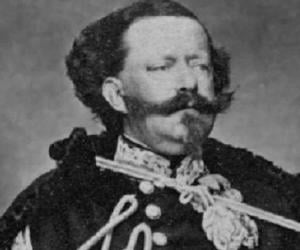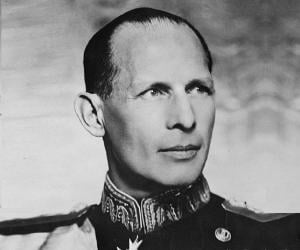Alexander II of Russia was the Emperor of Russia, Grand Duke of Finland, and King of Poland from 1855 to 1881. He became known as Alexander the Liberator for his most significant reform, which was the Emancipation Reform of 1861. He is also credited with reorganizing the judicial system, abolishing corporal punishment, and imposing universal military service in Russia.
George V became the King of Great Britain and the British Dominions in 1910. During the World War I, he played an active role in supporting the troops. The rise of socialism, communism, fascism and the Indian independence movement was witnessed during his rule. His reign also saw the supremacy of the elected British House of Commons established by the Parliament.
Wilhelm II reigned as the King of Prussia and German emperor from 1888 to 1918. He is credited with promoting scientific innovation and building a blue-water navy, which strengthened Germany’s position as a great power. However, he was also responsible for getting his country involved in World War I, which eventually brought an end to the Hohenzollern dynasty’s rule.
The King of the United Kingdom of Great Britain and Ireland for almost six decades, George III had a reign that was longer than those of any of his predecessors. His reign was marked by a series of military conflicts. He suffered from mental illness in his later years.
Emperor Meiji of Japan presided over the all-round revolutionary transformation of his empire which emerged as a strong force on the global scene during his reign. His policies and actions led to Japan’s rapid growth and ended its isolation from the rest of the world. One of the noted changes during rule was the abolition of special privileges of samurais.
Alexander I was the emperor of Russia and the eldest son of Paul I. While he was initially a friend of Napoleon Bonaparte, he later joined hands with his opponents to defeat him. He was also part of the Congress of Vienna and later contributed to the formation of the Holy Alliance.
Nicholas II reigned as the last Emperor of All Russia from 1894 until his abdication in 1917. His reign oversaw a series of reforms in Russia. These reforms included the introduction of literacy programs, civil liberties, and methods to modernize the empire's infrastructure. However, these reforms were eventually undermined by Nicholas' love for autocratic rule.
Edward VII, the King of the United Kingdom of Great Britain and Ireland and Emperor of India from 22 January 1901 until his death, is said to have played a role in the reorganisation of the British Army after the Second Boer War. His main interests lay in the fields of foreign affairs and naval and military matters.
George I of Greece reigned as the king of Greece from 1863 until his murder in 1913. During his reign of nearly 50 years, which is the longest in the history of modern Greece, George helped expand Greece's territory significantly. During his reign, Greece also became increasingly prosperous and attained a popular place on the European stage.
Nicholas I of Russia reigned as Emperor of Russia, Grand Duke of Finland, and King of Poland from 1825 to 1855. Nicholas I is remembered for his controversial reign, under which the Russian Empire achieved great geographical expansion. He also played a key role in creating an independent Greek state and was successful in ending the Russo-Turkish War of 1828–1829.
Franz Joseph I of Austria reigned as the Emperor of Austria from 1848 until his death in 1916. He also served as the King of Hungary, Bohemia, and Croatia and monarch of other states of Austria-Hungary. During his reign, Austria-Hungary decided to wage war against the Kingdom of Serbia, which eventually resulted in the First World War.
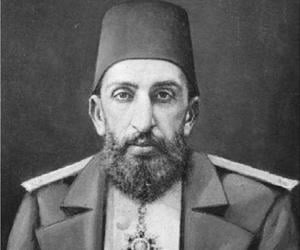
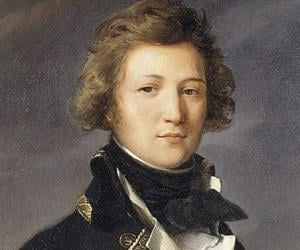
Louis-Philippe I of France reigned as the King of the French from 9 August 1830 to 24 February 1848. Although his rule was much loved at the beginning, his popularity suffered when the economic conditions in France declined in 1847. Subsequently, Louis Philippe I was forced to abdicate the throne when the French Revolution broke out in 1848.
Emperor Taishō was the 123rd Emperor of Japan. He was the son of Emperor Meiji and Yanagihara Naruko, a concubine. As the eldest living son of the emperor, he was formally named the crown prince in 1888. Upon the death of his father in 1912, he ascended the throne. A sickly man with disabilities, he died at 47.
Rezā Shāh was a military colonel who founded the Pahlavi dynasty and reigned as the Shah of Iran from December 1925 to September 1941. He was also the prime minister of Iran from October 1923 to November 1925. His tenure saw the introduction of many social, economic, and political reforms, and he is regarded as the founder of modern Iran.
Leopold II of Belgium reigned over Belgium as its second king from 1865 to 1909. He also owned the Independent State of the Congo from 1885 to 1908. Congolese people were subjected to torture and murder under Leopold's administration; the term crimes against humanity was coined by George Washington Williams in 1890 to describe the atrocities of Leopold's administration.
Edward VIII was King of the United Kingdom and the Dominions of the British Empire for several months in 1936. He was also Emperor of India during this period. He served in the British Army during the First World War and became the king following his father’s death. However, he abdicated the throne only months into his reign.
Charles I of Austria reigned from 1916 to 1918 as the last emperor of Austria. He was the last king of Croatia, Bohemia, Hungary, and the last monarch from the House of Habsburg-Lorraine. Charles is remembered for making unsuccessful attempts to end Austria-Hungary's World War I campaign. He also tried to save the Austro-Hungarian Empire from disintegration but was unsuccessful.
Frederick III, German Emperor reigned as the king of Prussia and emperor of the German Empire from 9 March 1888 until his death on 15 June 1888. Although he played key roles during the Austro-Prussian, Second Schleswig, and Franco-Prussian wars, Frederick professed hatred for warfare and was willing to make the German Empire more liberal before his untimely death.
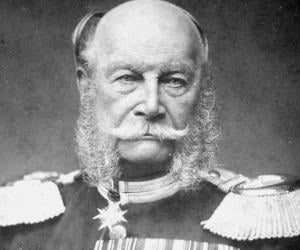
Regarded as the first gentleman of England, King George IV of the United Kingdom saw his empire consolidating its position as the global hegemon, particularly after the Napoleonic Wars. His regency during the illness of his father and then his 10-year reign were marked by royal extravagance.
Pedro II, son of the first Brazilian emperor, Dom Pedro I, is also remembered by his countrymen as the Magnanimous. He made Brazil prosper while other South American nations were torn apart by strife and clashes. Following his deposition, by a coup to overthrow the monarchy, he sailed to Europe.
Albert I of Belgium ruled as King of the Belgians for over 25 years from 1909 to 1934. He played a crucial role during World War I, for which he is often referred to as the Soldier King or Knight King in Belgium. A renowned alpinist, Albert died in a mountaineering accident and his death was mourned around the world.
Louis XVIII of France was the king of France from 1814 to 1824, except for the duration of the “Hundred Days” in 1815. He was the son of Louis, Dauphin of France, and his wife Maria Josepha of Saxony. He ruled for slightly less than a decade. He was not popular as a king.
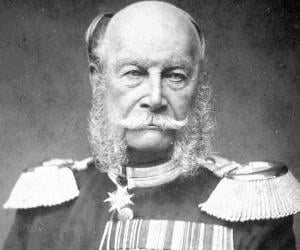
William I, German Emperor reigned as the king of Prussia from 1861 until his death in 1888. He also reigned as the first German emperor from 1871 to 1888. He is credited with overseeing the unification of Germany and establishing the German Empire. William's reign also witnessed the brilliance of Otto von Bismarck, who served as the former's minister president.
Napoleon II was the son of Emperor Napoleon I and Empress Marie Louise. He was the titular Emperor of the French for a few weeks in 1815. He was just a small child when he became the disputed emperor following his father’s abdication. He died as a young man before getting the chance to serve his nation.
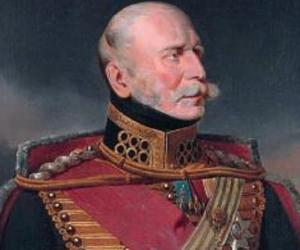
Dauphin Louis had one of the most unpopular reigns as the king of France. Following the fall of Bastille, he became the first royal family member to go into exile. Decisions such as the imposition of the death penalty and press censorship led to the July Revolution and his abdication.
Ernest I, Duke of Saxe-Coburg and Gotha reigned as the Duke of Saxe-Coburg-Saalfeld from 9 December 1806 to 12 November 1826. He oversaw the construction of many projects, including a court theatre, in Coburg. Ernest is also remembered for the educational, constitutional, and economic development of his territories.
Chulalongkorn reigned as the king of Siam from 1868 until his death in 1910. Nicknamed the Royal Buddha, Chulalongkorn's reign witnessed the modernization of Siam; several social and governmental reforms marked his reign. Since the reforms ensured Siam's survival despite Western colonialism, Chulalongkorn earned the title, the Great Beloved King.
Pedro I of Brazil was the founder of the Empire of Brazil and reigned as its emperor from 1822 to 1831. He also ruled over Portugal before abdicating the throne in favor of Dona Maria II. He is credited with spreading the liberal ideals that enabled Portugal and Brazil to move to representative forms of government from absolutist regimes.
Menelik II reigned as the emperor of Ethiopia from 1889 to 1913 after ruling as the king of Shewa from 1866 to 1889. He is credited with transforming the Ethiopian Empire by expanding his kingdom into Wolayta, Sidama, and Kaffa kingdoms. Fascinated by modernity, Menelik II played a major role in modernizing Ethiopia.
Alfonso XIII began ruling as the king of Spain under the regency of his mother, María Cristina. His strategy of rotating governments led to 33 governments in 21 years. Known as El Africano for his support to those who wished to colonialize African countries, he eventually had to leave Spain.
Mehmed V was the 35th and penultimate Ottoman Sultan who reigned from 1909 to 1918. One of the sons of Sultan Abdulmejid I, he succeeded his brother Abdul Hamid II after the Young Turk revolution. His reign was marked by the loss of the empire’s many territories and witnessed the Ottoman Empire’s entry into World War I.
Mahmud II reigned as the Sultan of the Ottoman Empire from 1808 to 1839. His reign was marked by the extensive military, administrative, and fiscal reforms which he initiated. The reforms that he initiated eventually led to the formation of the modern Turkish Republic. He is also credited with rebuilding a strong naval force for the empire.
Victor Emmanuel II of Italy reigned as the king of Sardinia from 1849 to 1861. He then became the first king of a united Italy in 1861 and reigned as its king until his death in 1878. Since he played a major role in the Second Italian War of Independence, Italians started referring to him as Father of the Fatherland.
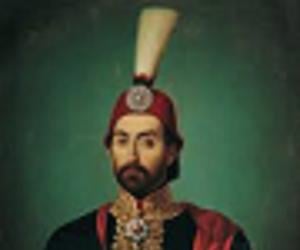
Abdülmecid I reigned as the Sultan of the Ottoman Empire from 2 July 1839 until his death on 25 June 1861. During his reign, Abdülmecid I tried to set up alliances with France and the United Kingdom. He also played an important role in the Crimean War against the Russians.
George II of Greece was the King of Greece for two terms, from 1922 to 1924 and from 1935 to 1947. He was the eldest son of King Constantine I and his wife, Sophia of Prussia. He reigned during a tumultuous time in Greek history. Upon his death, he was succeeded by his younger brother, Paul.
